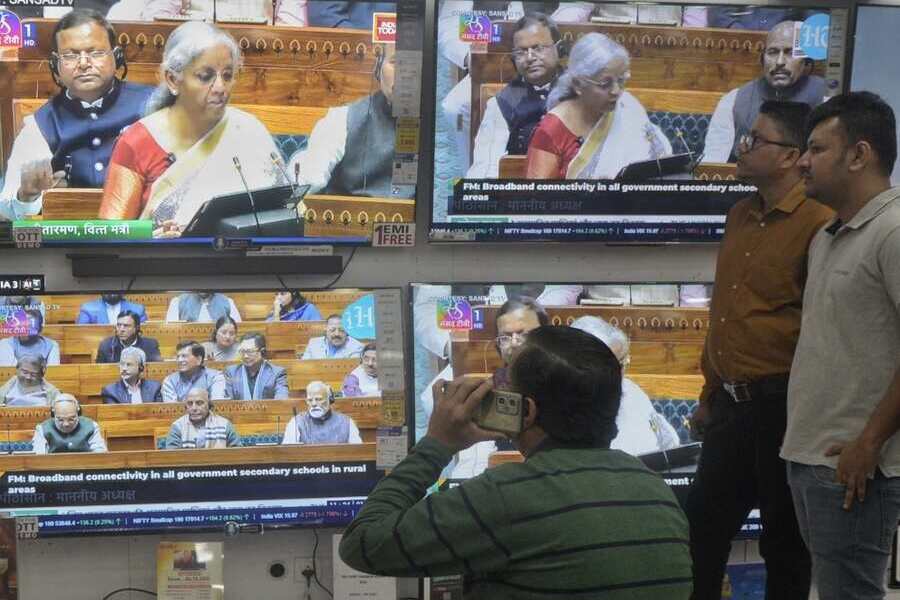 Sunday, 02 February 2025
Sunday, 02 February 2025
 Sunday, 02 February 2025
Sunday, 02 February 2025
The lieutenant-general of Delhi has okayed the invocation of Section 13 of the Unlawful Activities Prevention Act against the writer and activist Arundhati Roy for her allegedly provocative speeches at an event in Delhi in 2010.
Here are 10 other writers and artists who were tried as criminals by their governments for their politics:
Kamal C Chavara
Malayalam writer Kamal C Chavara was charged with sedition for his book ‘Shmashanangalude Nottupusthakam’ for allegedly insulting the national anthem in 2016. He was also arrested. The charges against him were dropped later but he burnt copies of his book and withdrew it in protest.
Zulkiflee Anwar
Zulkiflee Anwar, better known as Zunar, faced persecution for his satirical cartoons critiquing corruption and injustice in Malaysian politics. Arrested under the Sedition Act in 2015 for tweets featuring his cartoons, he faced nine charges and a potential 43-year prison term. Zunar's works, often targeting issues ignored by state-controlled media, led to repeated arrests, raids on his publisher, book bans, and threats against buyers since 2004.
Ahmed Naji
In 2015, Ahmed Naji, an Egyptian writer and journalist, faced charges of ‘violating public modesty’ after an excerpt from his novel 'The Use of Life' was published in a literary magazine. This led to a controversial trial, resulting in Naji being sentenced in February 2016 to two years in prison.
Dareen Tatour
Dareen Tatour, a Palestinian poet and Israeli citizen, was persecuted over her social media posts and poetry, which the authorities claimed incited violence and supported terrorism. She was arrested in October 2015. The prosecution argued that her poetic works constituted a threat to Israeli security. In a highly debated case, Tatour was convicted in May 2018 and sentenced to five months in prison, along with a six-month suspended sentence.
Aseem Trivedi
Aseem Trivedi, a political cartoonist and activist, was accused of sedition for his satirical cartoons that targeted corruption and government policies during the India Against Corruption movement led by Anna Hazare. Trivedi was arrested in September 2012 and later got bail. In October 2012, the Maharashtra government dropped the sedition charges against him and the Supreme Court scrapped Section 66A of the IT Act, under which he was also charged, in 2015.
Aleksandr Isayevich Solzhenitsyn
Aleksandr Isayevich Solzhenitsyn, the Nobel Prize-winning Russian author, was arrested in 1945 for privately expressing dissent against Joseph Stalin and Soviet policies. Charged with anti-Soviet propaganda, Solzhenitsyn was sentenced to eight years of harsh labour in a gulag. Following his release, he faced a life sentence of internal exile in Kazakhstan, enduring constant surveillance and harassment by the KGB. Solzhenitsyn continued to expose Soviet abuses through works like ‘The Gulag Archipelago’. In 1974, after the book's publication in the West, the Soviet authorities revoked his citizenship and expelled him from his homeland.
Charlie Chaplin
In 1952, while visiting England for his film ‘Limelight’, Charlie Chaplin was barred from returning to his country by US Attorney General James P. McGranery, who revoked the artiste’s re-entry permit for alleged communist ties and moral concerns.
Pablo Neruda
Pablo Neruda, the celebrated Chilean poet, confronted severe political persecution culminating in his exile in 1948. His criticism of then Chilean President Gabriel González Videla's policies, including a powerful condemnation in the Chilean Senate against government repression and human rights violations, led to an arrest warrant. He was forced into hiding after a raid on his home.
Fyodor Dostoyevsky
Fyodor Dostoyevsky, the celebrated Russian novelist, endured severe government persecution for his association with a radical intellectual group that opposed the Tsarist regime. In 1849, he was arrested along with fellow members of the Petrashevsky Circle by the Tsarist secret police. Charged with subversion and distributing banned literature critical of the government, Dostoyevsky faced a mock execution designed to intimidate and coerce. Ultimately, his sentence was commuted to hard labour and exile.
Daniel Defoe
In 1702, the writer of ‘Robinson Crusoe’ stirred controversy with a satirical pamphlet mocking the harsh treatment of religious dissenters by High Church Tories in England. Initially mistaken for genuine advocacy, the pamphlet's true intent to criticise both Tory policies and dissenters alike was soon revealed. Daniel Defoe's arrest followed on charges of seditious libel, accused of inciting public disorder and attacking the government. In 1703, he was convicted, fined, publicly humiliated in the pillory, and imprisoned.







